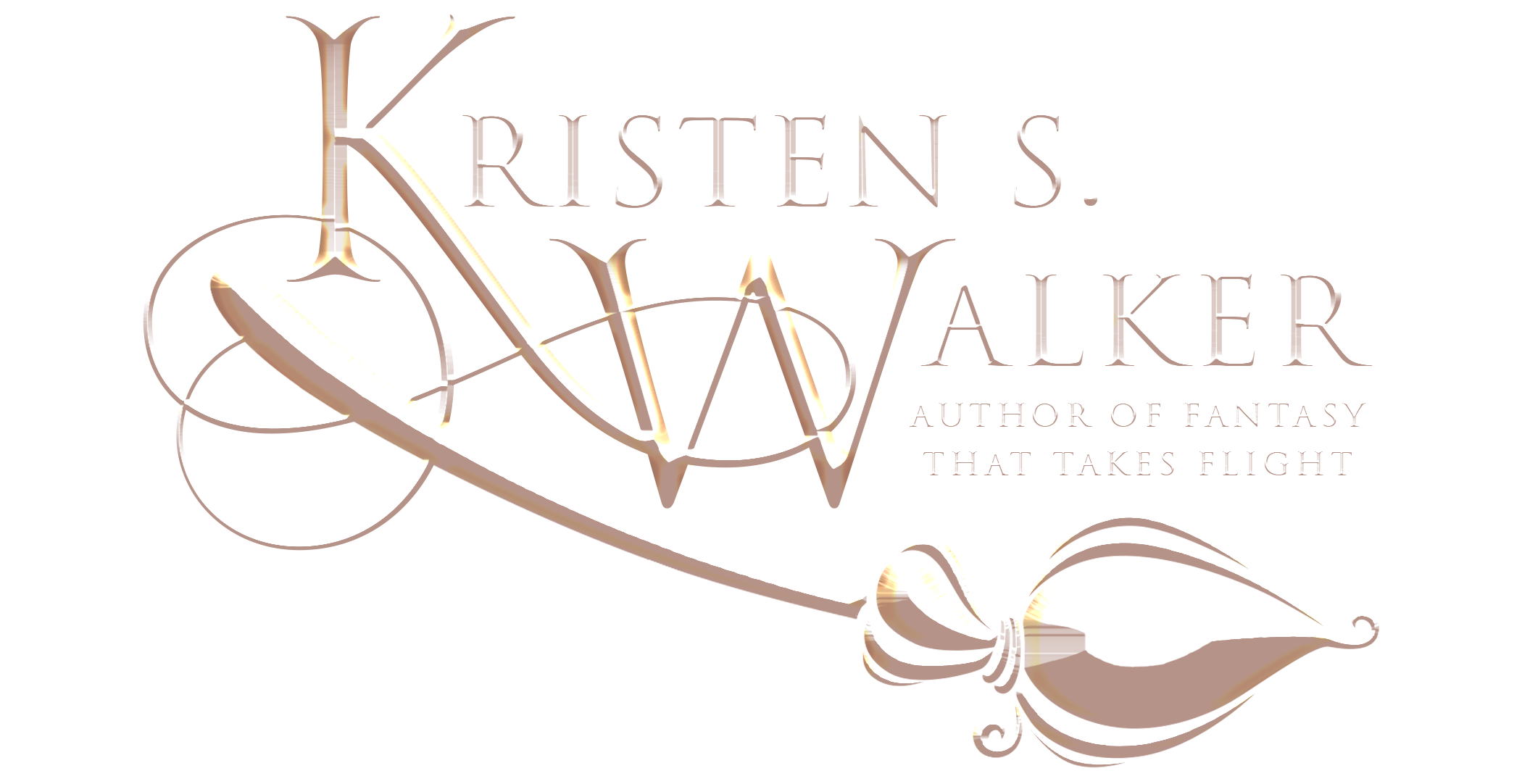My Top Ten YA Books (When I Was a Teen)
One of the biggest buzzes in the book world right now is NPR’s latest top-100 list of books. They are compiling a list of the best-ever teen/YA novels, and asking everyone to vote for their favorites. There are 235 finalists, and your challenge is to pick only 10 of them. (To make it a little easier, an entire series like Harry Potter or The Song of the Lioness count as only one vote.)
While I was struggling to get through the list, which has a lot of awesome books on it, I had to think about not only which books I was going to choose, but also why. Which books did I read again and again? Which books changed the way that I saw the world or inspired me to be a different person? Which books are still sitting on my bookshelf, a little worn with time and love, because I dragged them with me through numerous moves and clutter purges? (Some of my books are still in boxes, because a house full of book-lovers will never have enough shelves to support all of our reading habits.)
All of these books were ones that I read as a young teen (maybe a little younger; by the time I was fourteen, I was reading mostly adult stories). There are some YA novels that I’ve read and loved as a grown-up, because I’ve never stopped reading YA, but those don’t make the list. Not all of these are ones that I could vote for on NPR’s list, either. This list is also going to show my age a little (since books like The Hunger Games did not exist when I was a teen), especially since most of them are older books. (I got books from the library, not the New Releases at the bookstore.) (more…)

